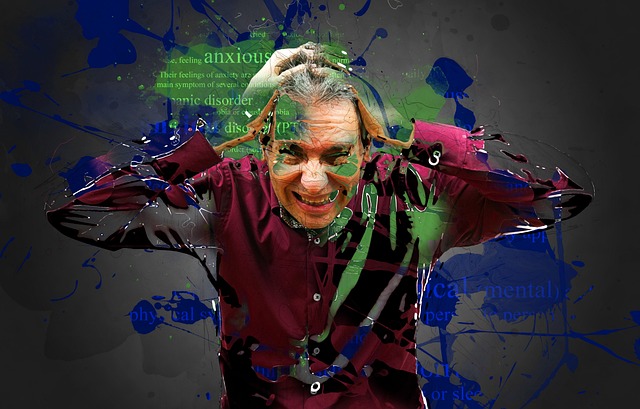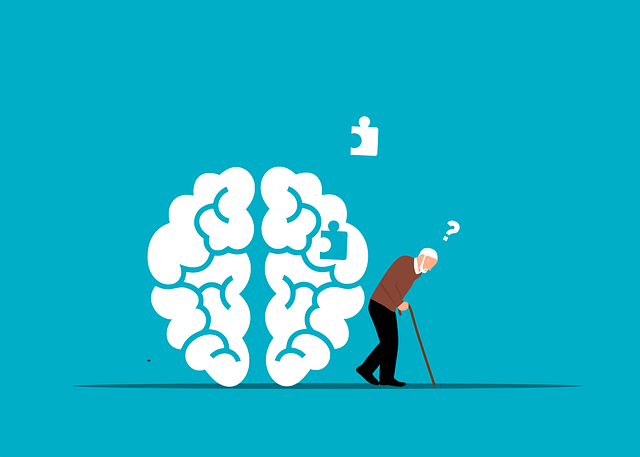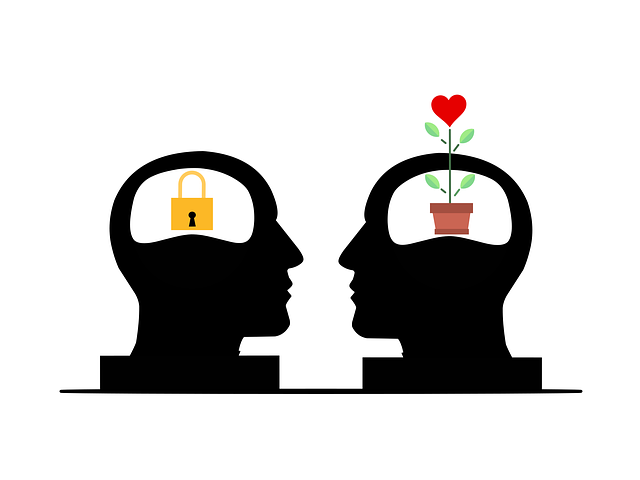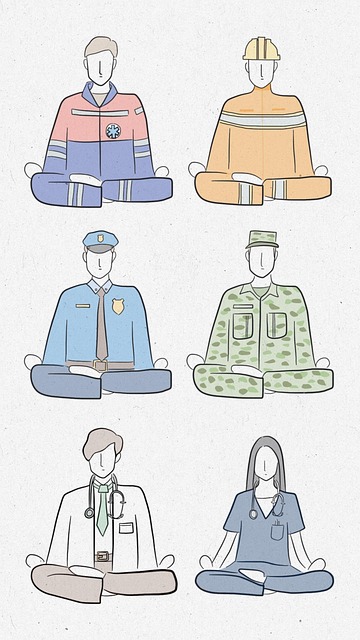Golden Abuse Survivors Therapy (GAST) is a specialized approach for individuals who endured childhood emotional manipulation ("golden abuse"), helping them process experiences, build resilience, and reduce stigma. By combining therapy, practical tools like stress management techniques, and community outreach programs, GAST offers tailored support for navigating mental health conditions, fostering growth, and promoting holistic recovery.
“Mental illness diagnosis and treatment navigation can be a daunting journey. This comprehensive guide aims to empower individuals with a better understanding of their mental health. We explore key aspects, including ‘Understanding Mental Illness Diagnoses’ and the unique benefits of Golden Abuse Survivors Therapy (GAST).
Additionally, we delve into effective treatment options and building resilience for long-term well-being. Our article offers practical insights for survivors, ensuring they navigate their care with confidence and hope.”
- Understanding Mental Illness Diagnoses: A Comprehensive Guide for Survivors
- The Role of Golden Abuse Survivors Therapy (GAST) in Treatment
- Navigating Treatment Options: Supporting Effective Care and Recovery
- Building Resilience: Tools for Continual Well-being After Diagnosis
Understanding Mental Illness Diagnoses: A Comprehensive Guide for Survivors

Understanding Mental Illness Diagnoses is a vital step for Golden Abuse Survivors seeking therapy and healing. It involves recognizing that mental wellness is a complex landscape, with various disorders presenting unique challenges. This comprehensive guide empowers survivors to demystify their diagnoses, fostering a sense of agency in their journey towards recovery. By understanding the specific symptoms and traits associated with their condition, survivors can better navigate treatment options tailored to their needs.
Effective communication between survivors and therapists is key. Sharing personal experiences and insights allows for a collaborative approach, enhancing the therapeutic process. Moreover, incorporating tools like stress management techniques and communication strategies from the Mental Wellness Podcast Series Production can significantly contribute to overall mental wellness. These resources provide practical guidance, offering valuable support throughout the diagnosis and treatment navigation assistance process.
The Role of Golden Abuse Survivors Therapy (GAST) in Treatment

Golden Abuse Survivors Therapy (GAST) plays a pivotal role in empowering individuals who have experienced trauma, offering them a unique and effective approach to healing. This therapy is specifically tailored to address the complex needs of survivors, focusing on the profound impact of childhood golden abuse—a term that encompasses various forms of emotional manipulation and control within familial structures. GAST provides a safe space for clients to explore their experiences, fostering inner strength development and self-esteem improvement.
By delving into the dynamics of golden abuse, GAST helps individuals understand the root causes of their mental health struggles, including anxiety, depression, and even psychosis. Through structured sessions, survivors learn coping mechanisms and develop strategies to navigate life’s challenges. Additionally, this therapy contributes significantly to mental illness stigma reduction efforts by promoting understanding, empathy, and self-compassion, ultimately enabling clients to break free from cycles of abuse and lead fulfilling lives.
Navigating Treatment Options: Supporting Effective Care and Recovery

Navigating treatment options is a crucial step in supporting individuals on their journey to effective care and recovery. This process involves exploring various therapeutic approaches tailored to specific mental health conditions. For instance, Golden Abuse Survivors Therapy (GAST) offers specialized support for survivors of trauma, focusing on healing from abuse and fostering resilience. By providing access to such targeted interventions, individuals can find solutions that resonate with their unique experiences.
Community outreach programs play a vital role in this navigation by connecting people with relevant resources. Implementing initiatives like Mindfulness Meditation workshops or Burnout Prevention Strategies for Healthcare Providers can enhance the overall mental health ecosystem. These programs not only cater to patients’ needs but also equip healthcare professionals with tools to offer comprehensive care, ensuring a holistic approach to recovery.
Building Resilience: Tools for Continual Well-being After Diagnosis

After receiving a mental illness diagnosis, individuals often find themselves at a crossroads, looking for ways to navigate their journey towards healing and well-being. Building resilience is a key component in this process. It involves developing tools and strategies that empower people to manage their mental health effectively and foster continual emotional stability. This includes learning essential skills such as emotional intelligence and emotional regulation, which enable individuals to understand and manage their feelings, making them less vulnerable to setbacks.
Golden Abuse Survivors Therapy (GAST) offers a unique approach to enhancing resilience by addressing past traumas and providing tailored support. GAST incorporates Social Skills Training, a component crucial for improving interpersonal interactions and fostering supportive relationships, a vital aspect of mental wellness. By combining these strategies, individuals can build a robust foundation for their emotional well-being, ensuring they have the resources needed to navigate life’s challenges with greater ease and confidence.
Mental illness diagnosis and treatment can be a complex journey, but with the right tools and support, individuals can navigate this path effectively. The comprehensive guide on understanding diagnoses, combined with the unique benefits of Golden Abuse Survivors Therapy (GAST), offers a powerful framework for recovery. By exploring various treatment options and building resilience, those affected can foster sustained well-being. This holistic approach ensures that the process is not just about overcoming challenges but also about cultivating strength and a brighter future.














